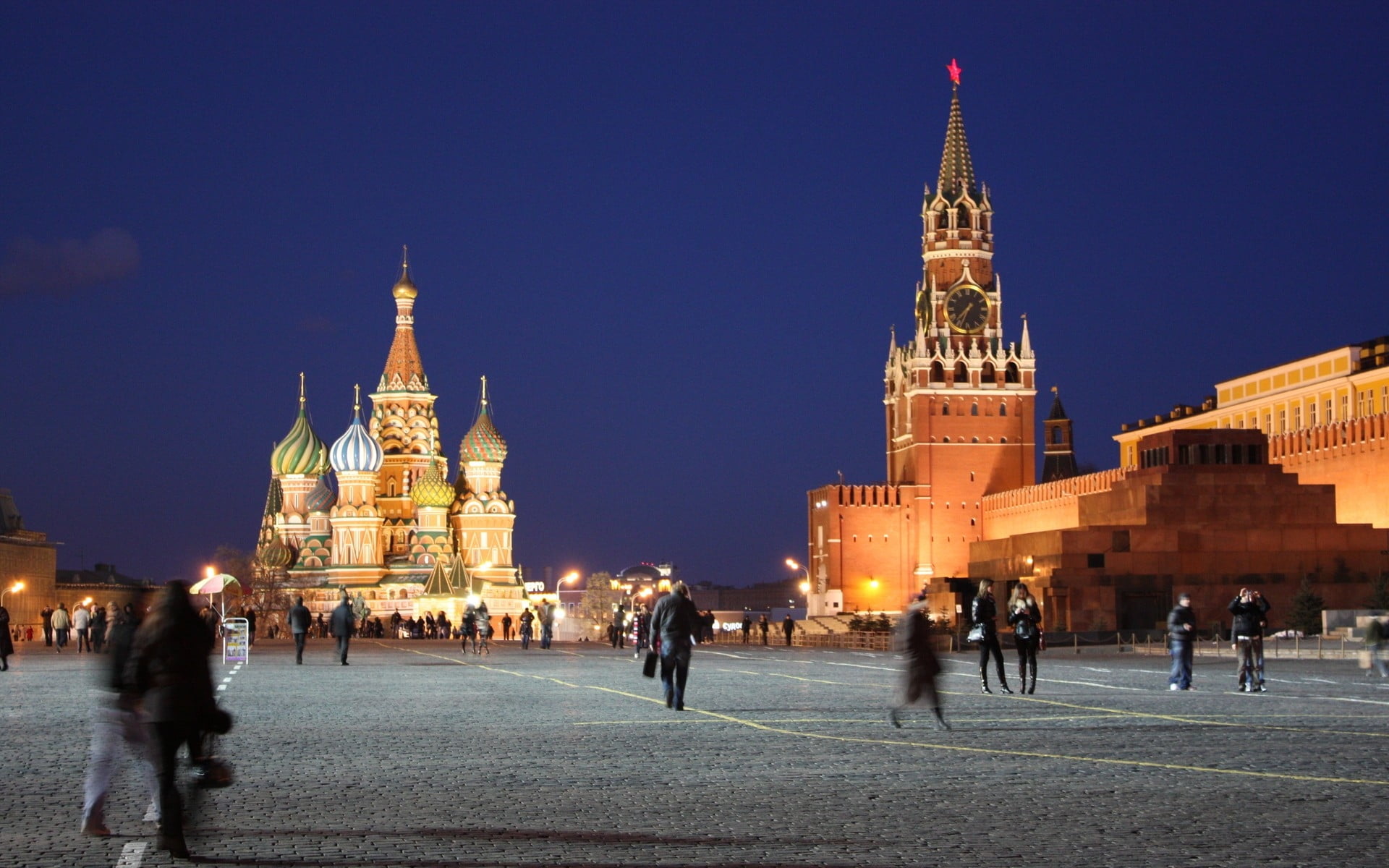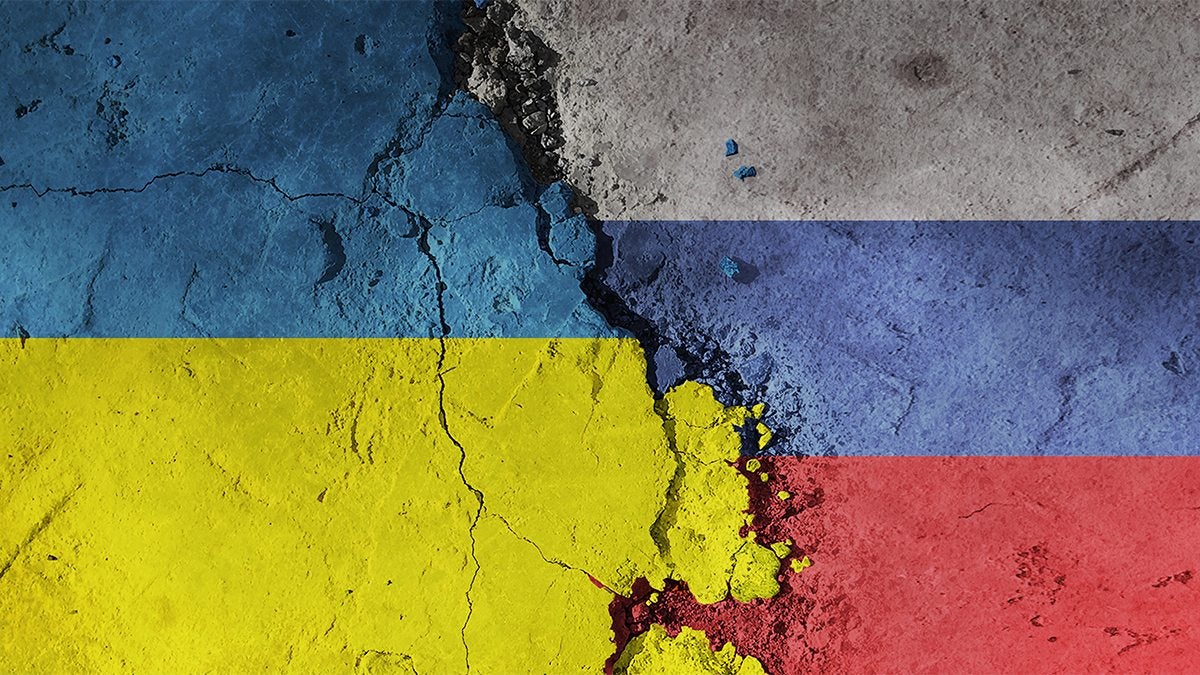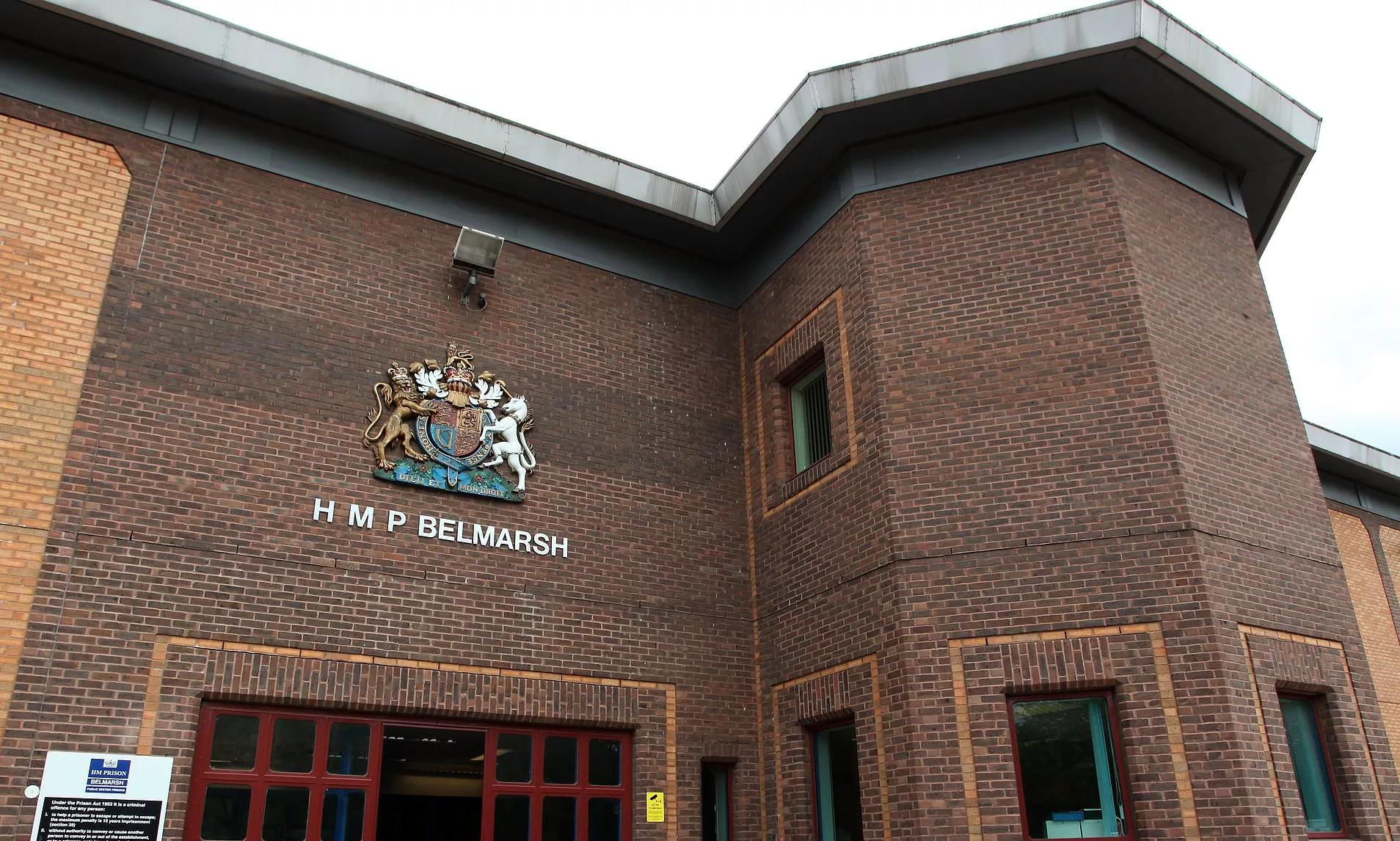Moscow’s Red Square was transformed into a global stage today as Russia staged a grand Victory Day parade to mark the 80th anniversary of the Soviet triumph in the Great Patriotic War. Chinese President Xi Jinping, a star guest, stood shoulder-to-shoulder with Russian President Vladimir Putin, proclaiming the “limitless” friendship between their nations and slamming Western “hegemonism”. The presence of leaders from Venezuela, North Korea, Serbia, and nearly 30 other nations—many labelled authoritarian by the West—sparked outrage across Europe. Far from a mere historical tribute, the parade was a bold diplomatic salvo from Moscow and Beijing, challenging the Western-led global order.
Xi Jinping’s Fiery Speech: China-Russia Bond “Without Limits”
Xi arrived in Moscow on 7 May for a four-day state visit, stealing the spotlight at the parade. Speaking at a commemorative event on Red Square, he lauded the shared wartime sacrifices of China and the Soviet Union, declaring their partnership “without limits or forbidden zones”. He lambasted the United States for its “bullying” sanctions and tariffs, urging the world to reject “unipolar hegemony” and embrace a “multipolar global order”. Xi and Putin inked over 20 cooperation agreements spanning energy, technology, and defence, cementing an ever-tighter alliance.
“China and Russia are true friends forged in adversity; any attempt to divide us will fail,” Xi told a joint press conference post-parade, a clear jab at the US under President Donald Trump’s “dual containment” strategy. The Chinese People’s Liberation Army’s honour guard made its Red Square debut, with over 100 soldiers marching alongside Russian troops, chanting “China-Russia friendship forever” to roaring applause—a vivid symbol of unity.
Putin’s Defiant Tone, Authoritarian Leaders Assemble
In his parade address, Putin drew parallels between the Ukraine conflict and World War II, claiming Russia again faces a “Nazi threat” and vowing a “thunderous response” to any provocation. He praised China’s wartime contributions, thanked Xi for attending, and announced a unilateral ceasefire from 8 to 10 May, urging Ukraine to reciprocate. Ukrainian President Volodymyr Zelenskyy dismissed it as a “cynical stunt”, warning foreign leaders their safety in Russia could not be guaranteed.
The parade boasted an unprecedented guest list, with Venezuela’s President Nicolás Maduro, North Korean military delegates, Egypt’s President Abdel Fattah el-Sisi, and others seen as authoritarian figures by the West. Brazil’s President Luiz Inácio Lula da Silva, Serbia’s President Aleksandar Vučić, and Slovakia’s Prime Minister Robert Fico joined 29 world leaders, marking the largest international turnout since the Ukraine conflict began. Russia showcased T-34 tanks, S-400 air defence systems, and the debut of the “Geran-2” drone, with six Su-25 jets soaring over Red Square in a dramatic finale.
Europe Seethes: Parade Branded “Authoritarian Bash”
Europe erupted in fury, viewing the parade as a Russian propaganda spectacle and a rallying cry for an anti-Western axis. EU foreign policy chief Kaja Kallas branded it a “glorification of war crimes”, warning EU members or candidate countries attending would face consequences. The Baltic states—Estonia, Latvia, and Lithuania—closed their airspace, forcing Vučić and Fico to reroute flights to Moscow. Latvia’s foreign ministry declared: “Supporting Russian propaganda is a betrayal of European values.”
Slovakia’s Fico, the only EU leader present, defied Kallas, insisting his attendance honoured World War II, not Russia’s war in Ukraine, drawing Brussels’ ire. Serbia’s Vučić, an EU candidate, risked jeopardling EU threats to stall Belgrade’s membership bid. French President Emmanuel Macron and Polish Prime Minister Donald Tusk condemned the event, with Macron stating Putin “stands on the side of war” and Tusk calling attendees “self-inflicted disgrace”.
European media dubbed the parade an “authoritarian club bash”, accusing Russia of exploiting World War II history to justify its invasion of Ukraine and rallying authoritarian states to counter the West. Germany, the UK, and others held rival commemorations in Ukraine, underscoring their support for Kyiv against Russian aggression.
China’s Gambit: A Shockwave to the West
China’s prominent role—Xi’s presence, the PLA’s participation, and the “limitless” rhetoric—sent a stark message to Western democracies: the China-Russia alliance is unbreakable, and efforts to isolate Moscow or contain Beijing will backfire. Analysts identify three strategic aims behind Xi’s appearance:
- United Front Against the US: With Trump’s administration threatening tariffs on over 70 countries and military encirclement, China used the parade to showcase its strategic alignment with Russia. Bilateral trade hit $237 billion in 2024, with deepening energy and defence ties underscoring their economic and geopolitical synergy.
- Championing a Multipolar Order: Xi leveraged the parade to promote a “multipolar” vision, rallying “Global South” nations like Brazil and Egypt to erode Western dominance. The attendance of non-Western leaders amplified China’s clout in the developing world.
- Exploiting Western Divisions: By highlighting Slovakia and Serbia’s participation, China exposed cracks in the EU’s Russia policy, aiming to weaken Western unity. The PLA’s joint march with Russian forces hinted at China’s less-than-neutral stance on Ukraine, rattling Western nerves.
Taiwan authorities accused Beijing of distorting its wartime role, claiming the Communist Party’s contributions were overstated, revealing tensions in China’s historical narrative. For the West, Xi’s “limitless” pledge was a diplomatic bombshell, signalling a more assertive China-Russia front against the US-led order.
History Meets Power Play
Victory Day is Russia’s most sacred holiday, honouring the 26 million Soviet lives lost in World War II. Yet, under the shadow of the Ukraine war, this 80th-anniversary parade was a geopolitical spectacle. Moscow’s Red Square saw unprecedented security, with nearby streets sealed off to ensure safety. The China-Russia embrace, the gathering of authoritarian leaders, and Europe’s outrage made this parade far more than a commemoration—it was a defining moment in the 2025 global chessboard.
Discover more from “Bridging Hongkongers. Reporting Truth.”
Subscribe to get the latest posts sent to your email.




